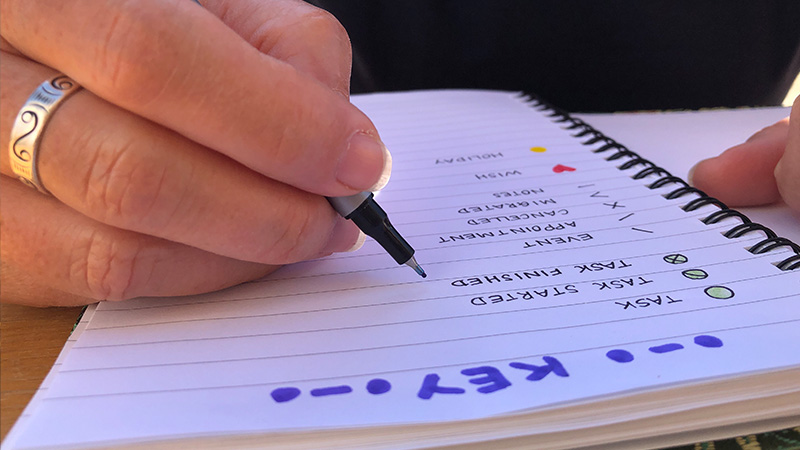Time management is a crucial skill for students who face multiple academic, personal, and extracurricular responsibilities. Whether preparing for your high school diploma, or university exams, effective time management skills for students can significantly boost productivity and academic performance. In this blog, we explore the top 10-time management strategies for students to help maximize study time and reduce stress.
1. Set Clear Goals

One of the most important time management skills for students is setting clear and achievable goals. Using the SMART (Specific, Measurable, Achievable, Relevant, Time-bound) approach helps students align their study goals with their academic needs.
- Define study objectives for the exams, and university courses.
- Set daily, weekly, and monthly targets for coursework and revision.
- Ensure goals are realistic and adaptable based on personal schedules.
2. Prioritize Tasks Effectively
A practical study time management method is prioritizing tasks. The Eisenhower Matrix can help students categorize tasks based on urgency and importance:
- Urgent & Important: Studying for an upcoming exam or completing an assignment due soon.
- Important but Not Urgent: Preparing for exams months in advance or applying for scholarships.
- Urgent but Not Important: Responding to last-minute social invitations.
- Neither Urgent nor Important: Excessive social media browsing and unnecessary outings.
3. Create a Study Schedule

One of the best time management strategies for students is creating a well-structured study timetable. Consider:
- Allocating time for assignments, group discussions, and personal revision.
- Adjusting study periods to accommodate prayer times and family responsibilities.
4. Avoid Multitasking
Multitasking often reduces productivity, especially during exam preparations. You can stay focused by:
- Handling one task at a time to enhance concentration and efficiency.
- Eliminating unnecessary background noise while studying.
5. Leverage Productivity Tools
Using the right tools can significantly enhance time management skills for students. Some of the best time management apps for students include:
- Google Keep & Notion: For taking structured notes and setting reminders.
- MyStudyLife: A digital planner for organizing academic schedules.
- Exam past questions & online learning platforms: Useful for exam preparation and revision.
6. Take Strategic Breaks

Constant studying without breaks can lead to burnout. Instead, students should:
- Use the Pomodoro Technique: Study for 25–50 minutes, then take a 5–10-minute break.
- Engage in light activities like stretching, listening to music, or taking a walk to refresh the mind.
- Avoid overloading study sessions, particularly when preparing for exams.
7. Eliminate Distractions
Avoiding distractions while studying can be challenging, but students can create an effective study environment by:
- Choosing quiet places like libraries, university reading rooms, or home study corners.
- Using site blockers like Freedom or Cold Turkey to minimize social media usage during study time.
- Turning off non-essential notifications while focusing on academic work.
8. Stay Organized
Organization plays a key role in effective study techniques. Some best practices include:
- Keeping physical and digital notes well-arranged.
- Using folders to separate study materials for each exam, and/or university courses.
- Labeling files and documents for easy retrieval during revision.
9. Learn to Say No
Social commitments can easily interfere with academic responsibilities. Students should:
- Set boundaries for social activities and gatherings.
- Politely decline unnecessary distractions that interfere with study plans.
- Balance family responsibilities while maintaining focus on academic priorities.
10. Seek Help When Needed
Studying alone can be overwhelming. One of the most effective student productivity tips is seeking help when necessary:
- Join study groups or university tutoring sessions for collaborative learning.
- Seek mentorship from lecturers, alumni, and online learning communities.
- Utilize educational consultants and professional coaching services for guidance.
Conclusion
Mastering time management skills for students is essential for academic success. By setting clear goals, prioritizing tasks, creating structured study schedules, and using productivity tools, students can enhance their efficiency and reduce stress. Irrespective of the type of exams, adopting these time management strategies for students will help improve learning outcomes and career success. Start implementing these tips today and take control of your academic journey!


